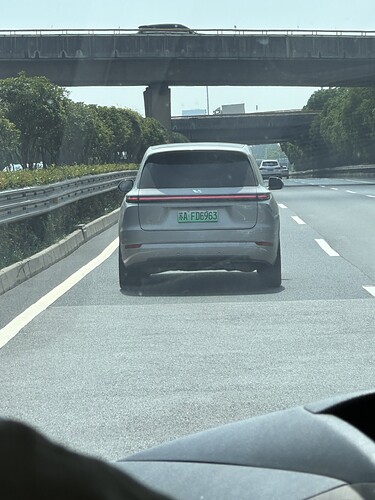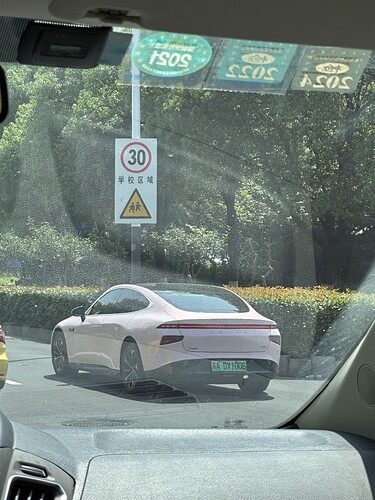RACV is all in on non petrol fueled cars. Have bought Charge Fox, planning on putting charging stations between Melb - Bris in initial roll out. Have also bought a company called Hyzon and built a hydrogen cell manufacturing factory at their Noble Park site.
And some yellow vans carry an EV ‘powerpack’ to get flat batteries back on the road to a charge station
I feel like the joke about a nuclear powered car has been missed here.
The IEA has developed a tool of a Life Cycle assessment calculator of comparisons of emissions for conventional hybrid and EVs. It incorporates variables including size, road use etc.
It was up on the IEA site on 5 June.
Something that has annoyed me for decades.
Motor Bikes are never noisy when you are young
Yes that is a good “tip” to save power by going downhill and avoiding uphills. The challenge is to make your outbound and inbound trips all downhill.
They should hire Escher to solve this problem.
Yeah, it would give a new meaning to owning a used car and referring to it as an “old bomb.”
And then you can’t hear how noisy they are when you’re older
Dream EV:
- fast charging
- under 50k
- looks cool
- enough capacity so i can run aircon and heating for a couple of hours of urban driving.
- a charger for home.
Be a bit stuck when I want to say go for a holiday(which i do like to do) a few times per year.
An ICE car does both urban and highway trips well. Id need some cheap hire car for longer trips. Bit of a hassle.
I think therefore my ideal EV car would be a PHEV if they came down in price and the daily EV range just extended a bit. Maybe to 200km of urban driving.
Thats a rumour about the next gen RAV4 but it will likely cost a lot.
Be mostly electric then (assuming can get at home charging sorted) - doing my bit for the environment and saving fuel bills.
I dont think id bother with a massive battery long distance thing. The battery is just going to degrade and be costly to replace and im still going to be stuck with half an hour recharges on road trips
Dumb question.
Does the automatic slow down of the distance sensors on newer cars involve lower fuel consumption than manual slowing down and braking?
Plus SUV
I assume you’re talking about adaptive cruise control?
Generally cruise control uses more petrol than thoughtful manual control, because a human is more able to read the traffic and terrain ahead. Cruise control is just trying to maintain a specified speed/distance and will do so even if there is a red light or hill coming up.
Because I drive between Port Fairy and Warrnambool 2 or more times a week, I use cruise control (it’s adaptive) extensively, partly because I don’t like paying speeding fines.
We’re on 80kmh for about 40% of the trip and 100kmh for most of the rest, except for the inside and immediate outskirts of both towns.
What we tend to suffer from is the people who never go above 80kmh, regardless of the speed limit, and you can’t always overtake them for some distance.
Very negligible difference on most vehicles. Probably not enough to notice
It would then be unfissionable.
When the sensor misreads objects and results in unnecessary slow downs.
So in short
hydrogen is solving the problem of slow refuelling.
No a engine which goes brrrr


